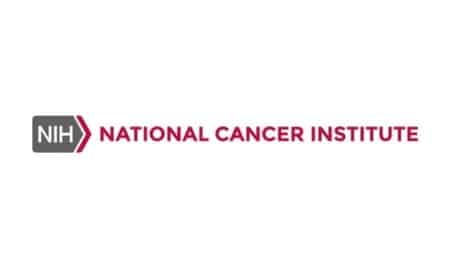Are you a health professional?
Clinical practice guidelines for professionals
Guidance for cancer as a whole (not specific to prostate cancer)
Develop a plan for regular physical activity and healthy nutrition.
Nutrition
- All survivors should be encouraged to limit red meat intake to <18 oz per week and avoid processed meat.
- All survivors should be encouraged to limit refined sugars and processed foods.
- All survivors should be encouraged to eat a diet that is at least 50% plant-based, with the majority of food being vegetables, fruit, and whole grains.
- Recommended sources of dietary components: 1) Fat: plant sources such as olive or canola oil, avocados, seeds and nuts, and fatty fish 2) Carbohydrates: fruits, vegetables, whole grains, and legumes 3) Protein: poultry, fish, legumes, low-fat dairy foods, and nuts
Physical activity
- Physical activity and exercise recommendations should be tailored to individual survivor’s abilities and preferences
- Physical activity for cancer survivors:a 1) Overall volume of weekly activity should be at least 150–300 minutes of moderate-intensity activity or 75 minutes of vigorous-intensity activity or equivalent combination spread out over the course of the week. 2) Two to three sessions per week of strength/resistance training that include major muscle groups 3) Stretch major muscle groups at least two days per week on days that other exercises are performed
- Engage in general physical activity daily (eg, taking the stairs, parking in the back of parking lot). Physical activity includes exercise, daily routine activities, and recreational activities
- Avoid prolonged sedentary behavior (eg, sitting for long periods)
- Set incremental goals for physical activity.
Body weight
- All survivors should be encouraged to track calorie intake. Self-monitoring of caloric intake has been shown to be an effective strategy for weight management.
- Weight gain should be a priority for underweight survivors.
- Weight loss should be a priority for overweight/obese survivors.
- Weight maintenance should be a priority for normal weight survivors.
Alcohol
- All survivors should be encouraged to minimize alcohol intake. Alcohol is high in calories, leads to poorer food choices, and is associated with elevated risk for several cancers.
- All survivors should be encouraged to limit intake to no more than one drink per day for a woman and two drinks per day for a man.
Tobacco
- Avoid use or stop using cigarette/tobacco products.
Sun safety
- Utilize a sunscreen with an SPF of at least 30 that protects against UVA and UVB rays and is water resistant.
- Apply sunscreen generously and reapply every 2 hours or after swimming/excessive sweating.
- Consider using physical barriers whenever possible (ie, hats, shirts with sleeves, avoiding direct sun during peak hours).
- Avoid tanning beds.
Medical care
- Follow up with PCP regularly. Adhere to age-appropriate and treatment-associated health screening, preventive measures (SIMIN-1), and cancer screening recommendations
Supplements
- Supplement use is not recommended for most survivors, except in instances of documented deficiencies, inadequate diet, or comorbid indications (eg, osteoporosis, ophthamologic disorders, cirrhosis).
Helpful links for professionals
Lebastchi AH, George AK et al. Standardized nomenclature and surveillance methodologies after focal therapy and partial gland ablation for localized prostate cancer: an international multidisciplinary consensus. European Urology. 2020;S0302-2838(20)30358-4.
Goujon A, Legrand G et al. Surveillance active du cancer de prostate : survie sans traitement curatif selon critères d’éligibilité stricts ou élargis [Active surveillance of prostate cancer: treatment-free survival according to restricted or expanded eligibility criteria]. Progres en Urologie. 2020 Oct;30(12):646-654. French.
Wang EY, Borno HT et al. Engaging men of diverse racial and ethnic groups with advanced prostate cancer in the design of an mhealth [mobile health] diet and exercise intervention: focus group study. JMIR Cancer. 2023 Jun 1;9:e45432.
Integrative Management of Prostate Cancer: An Overview of What Works and What Doesn’t
Dr. Geo Espinosa answers a question about appropriate use of PSA in cancer treatment. This segment begins at 1:07:25 and continues until 1:12:02 minutes into the recording (4 minutes 37 seconds run time).
Play videoHealth professional comment
We invite health professionals to contribute expertise or send us questions.
"*" indicates required fields

